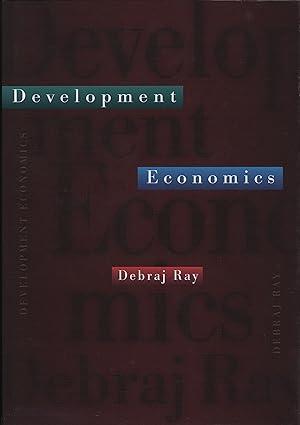A farming family owns some land. Suppose that in any year the equivalent of two people are
Question:
A farming family owns some land. Suppose that in any year the equivalent of two people are needed to farm each acre of land that they own. The following information is given to you:
(i) There are six people in the family.
(ii) The going annual wage per person (which each person can earn if he or she so chooses) is $1,000.
(iii) Each acre of land produces $3,000 worth of output (if it is farmed properly by two people, as earlier stated);
(iv) The family is always free to lease out land, but the labor required to farm it must be compensated at $1,100 per person;
(v) The family can always hire labor, but hired labor is useless without supervision, and to hire one supervisor to monitor labor (irrespective of the number of laborers that you hire), costs $2,000 per year.
(a) Calculate the rent per acre the family can hope to obtain by leasing out land.
(b) For a six-person family, what is the minimum acreage necessary for it to be optimal to lease out land? Explain your answer.
(c) Is there a threshold acreage after which the family will no longer lease out land, but hire a supervisor and employ wage labor? Think about why you are getting these answers. To use these observations to assess the validity of the following statements:
(i) A high degree of equality in land ownership means that there is a preponderance of family farms using family labor.
(ii) Very high inequality means that there are only family farms, or capitalist farms hiring labor.
(iii) Moderate levels of land inequality are often associated with tenancy
Step by Step Answer:






